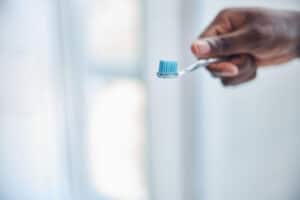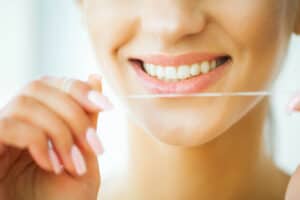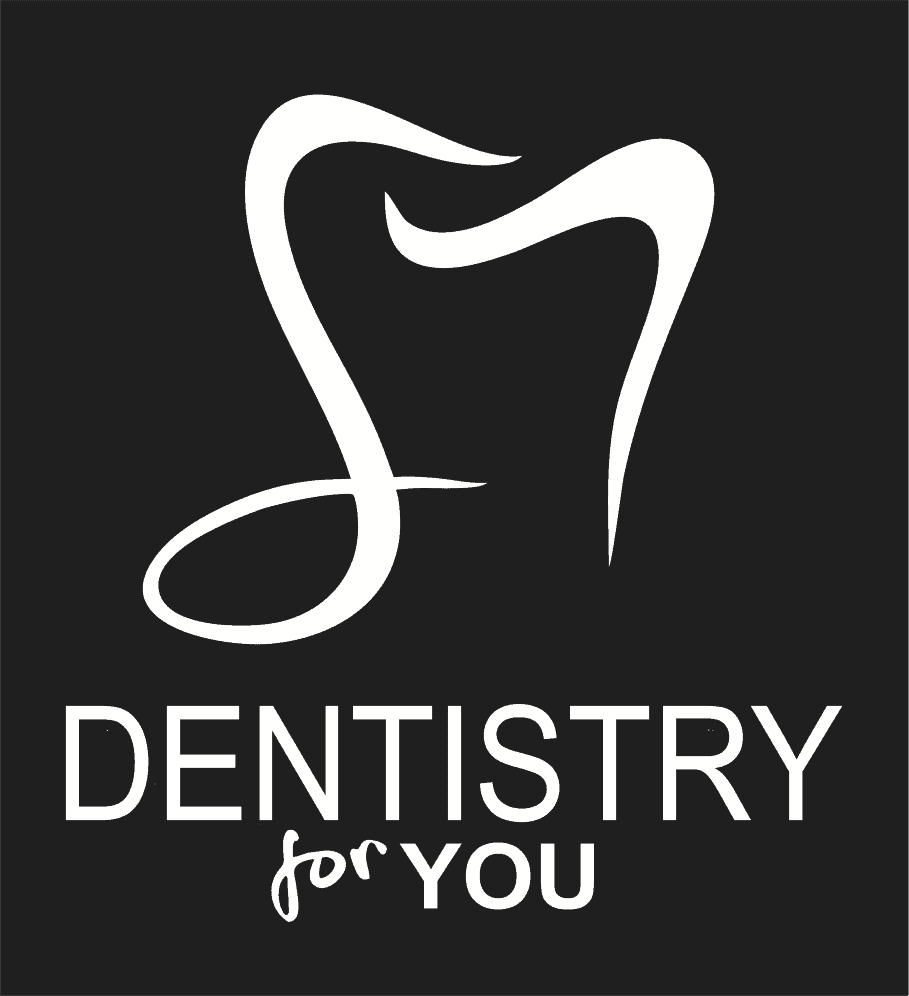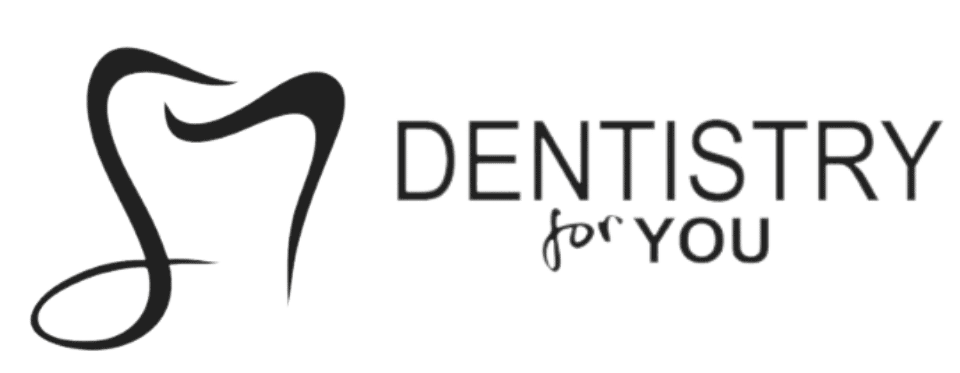
13 Feb What Are the Best Practices for Maintaining Oral Hygiene?
Best Practices for a Healthy Smile
Maintaining oral hygiene extends far beyond the pursuit of a dazzling smile; it’s the cornerstone of our overall well-being. The health of our mouth transcends aesthetics, profoundly impacting our entire body. It’s important to understand not only how to establish a good routine but also the basic practices that contribute not just to excellent oral health, but also to building confidence and brightness in our daily lives is crucial. Maintaining good oral hygiene isn’t just about fresh breath; it’s essential for preventing dental problems and supporting overall well-being. Establishing and sticking to a complete oral care routine is a key foundation in this effort.

Essential Daily Oral Hygiene Practices
1. Brushing Techniques:
Brushing your teeth is the cornerstone of oral hygiene. It’s crucial to use a soft-bristled brush and gentle circular motions for a minimum of two minutes, twice a day. This not only eliminates plaque but also stimulates healthy gum tissue and ensures thorough cleaning of all tooth surfaces. Focus on covering every area of your mouth, including the front, back, and chewing surfaces of your teeth. This dedicated approach effectively removes food particles and bacteria, preventing the onset of dental issues like cavities and gum disease.
2. Flossing:
Flossing stands as a vital component of a comprehensive oral care routine. While brushing is effective at cleaning the surfaces of teeth, it often cannot reach the spaces between teeth and along the gumline. Flossing serves this purpose by removing plaque and debris from these hard-to-reach areas. By making flossing a daily habit, you significantly reduce the risk of plaque buildup, preventing cavities, gum inflammation, and potential gum disease. This practice complements brushing and ensures a more thorough clean, contributing to a healthier mouth.
3. Tongue Cleaning:
The tongue is a breeding ground for bacteria, often overlooked in oral hygiene routines. Bacteria accumulation on the tongue’s surface not only leads to bad breath but also contributes to oral health issues. Utilizing a tongue scraper or your toothbrush to clean the tongue’s surface is essential. Gently scraping or brushing the tongue helps eliminate bacteria, food debris, and dead cells, significantly reducing the chances of bad breath and contributing to overall oral hygiene. Incorporating this simple step into your daily routine complements brushing and flossing for comprehensive oral care.
4. Mouthwash:
Mouthwash serves as an additional layer of defense in your oral care regimen. While not a replacement for brushing and flossing, it reaches areas that these practices might miss, providing supplemental protection against cavities and gum disease. Opt for mouthwashes containing fluoride, as fluoride helps strengthen tooth enamel and offers added protection against decay. Using mouthwash after brushing and flossing provides an extra boost to your oral hygiene routine, contributing to a healthier mouth and fresher breath.
Additional Oral Hygiene Practices
5. Diet and Oral Health:
What you eat has a significant impact on your oral health. Limiting sugary and acidic foods is crucial as they contribute to tooth decay. Instead, prioritize foods rich in calcium, like dairy products, to strengthen your teeth. Also, add crunchy fruits and vegetables to your diet; they naturally clean your teeth while providing essential nutrients.
6. Regular Dental Check-ups:
Regular dental visits every six months are crucial for keeping your oral health in top shape. These check-ups involve deep cleaning and thorough examinations, helping identify any potential issues early. Think of them as regular maintenance for your smile, ensuring your mouth stays healthy and happy.
7. Avoiding Harmful Habits:
Giving up smoking and keeping alcohol intake in check are vital in preventing stains, gum disease, and other oral issues. Additionally, safeguarding your teeth during sports prevents potential injuries that could harm your smile’s health. These actions play a significant role in maintaining good oral health and protecting your overall well-being.

FAQs (Frequently Asked Questions)
Q: How often should I brush my teeth?
A: Brush at least twice a day, spending two minutes each session to ensure thorough cleaning.
Q: Is flossing really necessary?
A: Absolutely. Flossing is crucial as it removes plaque between teeth, an area often missed by brushing alone, preventing cavities and gum disease.
Q: What foods are good for oral health?
A: Foods rich in calcium such as dairy products, and crunchy fruits and veggies like apples and carrots promote good oral health by aiding in cleaning teeth and providing essential nutrients.
Q: Are electric toothbrushes better than manual ones?
A: Electric toothbrushes can be more effective for some individuals as they often have features like timers and rotating heads that help ensure thorough cleaning. However, both electric and manual toothbrushes, when used correctly, can effectively clean teeth.
Q: Can poor oral health affect overall health?
A: Yes, poor oral health has been linked to various systemic health issues like heart disease, diabetes, and respiratory problems. Maintaining good oral hygiene not only benefits your mouth but also supports your overall health.
Q: How long should I wait to brush my teeth after eating?
A: It’s advisable to wait at least 30 minutes after consuming acidic foods or drinks before brushing to avoid damaging tooth enamel. However, regular brushing twice a day remains crucial for maintaining oral health.
Q: What role does saliva play in oral health?
A: Saliva helps in neutralizing acids, washing away food particles, and remineralizing tooth enamel. It plays a vital role in maintaining a healthy pH balance in the mouth, crucial for preventing tooth decay and maintaining oral health.
Q: Can stress affect oral health?
A: Yes, stress can impact oral health. It may lead to teeth grinding, jaw clenching, canker sores, and gum disease. Managing stress through relaxation techniques can help minimize its impact on oral health.
Q: Is it normal for gums to bleed when brushing or flossing?
A: Bleeding gums can indicate gum disease or improper brushing and flossing techniques. It’s essential to consult a dentist to determine the cause and address any underlying issues.
Q: How important is hydration for oral health?
A: Staying hydrated is crucial for saliva production, which helps wash away food particles, neutralize acids, and protect tooth enamel. Drinking water regularly supports good oral health.
Conclusion: Embracing Oral Health
Prioritizing your oral hygiene routine transcends the mere attainment of a confident smile; it plays a profound role in shaping our overall health landscape. The commitment to these practices doesn’t just endow us with dental confidence; it becomes the bedrock of a lifelong, vibrant well-being.
Consistency in adhering to these oral hygiene practices doesn’t merely ensure a healthy mouth—it forms the cornerstone of our long-term health journey. It is the daily dedication to these routines that serves as an investment, not just in our smiles but in our entire physical well-being.
By fostering a disciplined oral care regimen, we aren’t just nurturing our teeth and gums; we’re safeguarding ourselves against potential health risks. The ripple effect of a healthy mouth resonates throughout our body, contributing to our systemic health and overall vitality.
Embracing these practices isn’t merely about the immediate benefits of fresh breath and gleaming smiles; it’s about committing to a lifestyle that values and cherishes our health in its entirety. It’s an acknowledgment that our oral health is intricately connected to our holistic well-being, and by prioritizing it, we’re nurturing ourselves for a lifetime of wellness.
Remember, your oral hygiene routine isn’t just a task on your daily checklist; it’s a powerful ritual that fuels your overall health journey. Every brush, every floss, and every visit to the dentist becomes a testament to your dedication to a healthier, happier life—one that resonates from your smile to the very core of your being.





Sorry, the comment form is closed at this time.